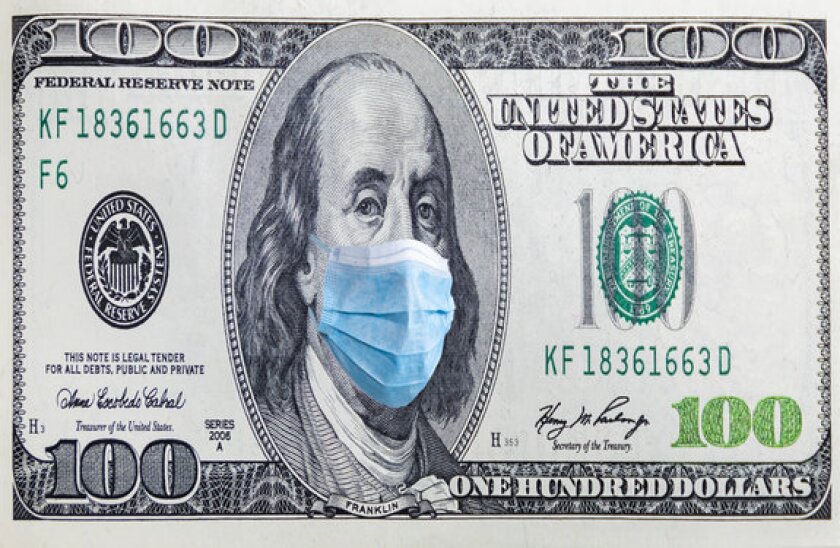When Covid-19 became a big problem in China early this year, Chinese borrowers responded by issuing billions of dollars of virus-linked bonds. The proceeds from these deals went to various relief efforts, including the manufacturing of protective equipment. Bank of China sold China’s first international social bond in February, providing funding for small and medium enterprises (SMEs) that had been disproportionally affected by the virus.
Other Asian borrowers followed suit. Korean banks sold social bonds linked to the virus, offering support for SMEs in particular.
Shinhan Financial Group became the latest Korean issuer to sell such a deal, raising $500m from a Covid-19 resilience social bond on Monday. The proceeds have been designated to support SMEs and underprivileged individuals affected by the pandemic.
But Chinese issuance has ground to a halt in the domestic market. By the end of February, when the market opened, there was Rmb132.7bn ($18.9bn) raised across 144 deals with the coronavirus label. In June, there was just Rmb15.9bn of new issuance, spread across 16 deals. The country is yet to produce any more social or virus related bonds in the international market. The country’s issuers appear to have treated social bonds as being a tool only for a crisis.
That is a mistake. The effects of Covid-19 are still being felt today and they will be for some time, even in the most optimistic scenario. If anything, the pandemic should shine a light on how important social and sustainable bonds are for the region.
Covid-19 has drawn attention to social and sustainable deals, raising investor interest by showing that the market is not optional but essential. As much as 90% of investors who responded to a recent survey by Standard Chartered Private Bank are interested in sustainable investments. Some 42% plan to invest between 5% and 15% of their funds in sustainable investments over the next three years.
Standard Chartered found that investors are focused on areas that can prepare companies ─ and countries ─ for future pandemics and crises. For instance, health and wellbeing-linked projects, as outlined by the United Nations’ Sustainable Development Goals, are ranked as more important than clean energy.
There may not be explicit pricing benefits for companies selling Covid-19 or similar social bonds yet, but borrowers will benefit in other tangible ways.
Issuers can diversify their investor base, as sustainability and social funds can buy the notes. The deals will also provide positive marketing for the companies, as it shows their willingness to support their communities and clients during difficult times.
It is also likely that governments will be more sensitive to practices that help combat social problems. Companies that can support those efforts and quickly comply with any new policies, including access to healthcare for their own employees, will be better served in the long run.
Politicians and leaders in many industries are talking about the “new normal” and how a post-Covid world will look drastically different from the one we knew in 2019. Chinese issuers have been quick to abandon coronavirus bonds, going back to the old normal. But these deals still have an important role to play.

